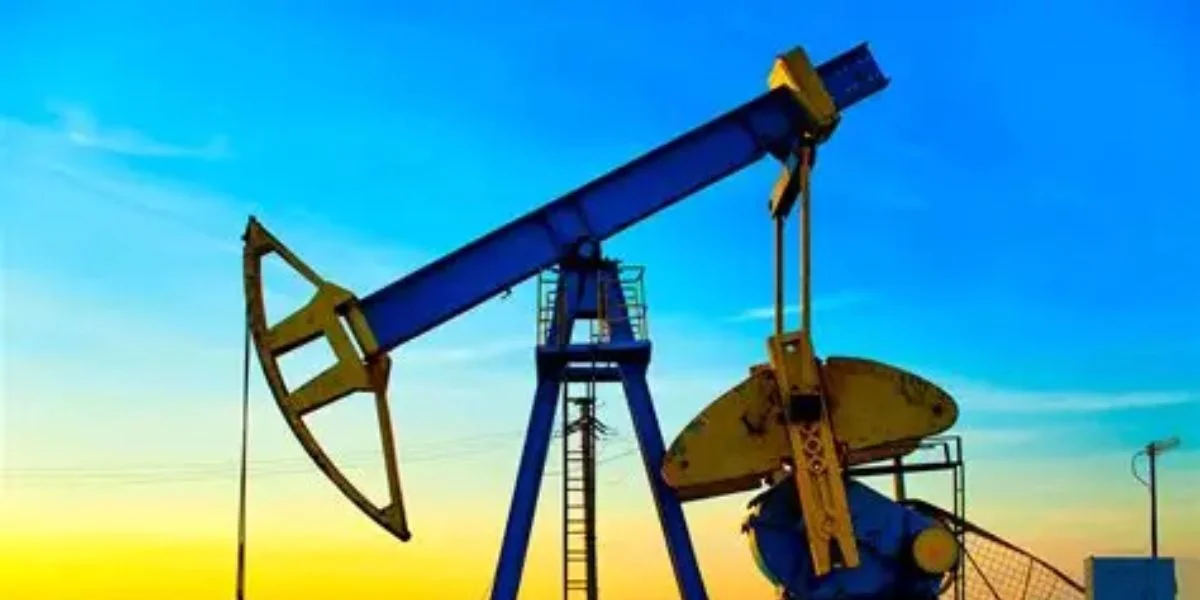Trump’s ‘Massive’ Oil Reserve Claim About Pakistan – Fact or Hype?
Islamabad: U.S. President Donald Trump’s recent statement claiming that Pakistan has massive oil reserves and will collaborate with the U.S. to develop them has sparked widespread discussion across media and policy circles.
In his announcement, Trump said, “Pakistan and the United States will work together on developing their massive oil reserves,” signaling the possibility of an upcoming bilateral energy deal. However, energy experts have raised questions about the accuracy and practicality of the statement.
Heavy Oil Imports Despite Local Resources
Despite these bold claims, Pakistan remains heavily dependent on imported oil.
In the fiscal year 2024–25 (FY25), the country imported petroleum products worth $15.93 billion, which made up nearly 30% of Pakistan’s total imports.
At the same time, the domestic oil production declined by 11.8%, averaging only 62,225 barrels per day, showing a sharp drop in local output and increased pressure on foreign exchange reserves.
Untapped Potential: Shale Oil and Gas
While Pakistan’s current production is low, studies suggest the country holds significant untapped reserves, particularly in shale formations.
A 2015 report by the U.S. Energy Information Administration (EIA) estimated that Pakistan may have 9.1 billion barrels of technically recoverable shale oil and 586 trillion cubic feet of shale gas, primarily located in the Lower Indus Basin, which includes parts of Sindh and southern Punjab.
This region is known to have generated much of the conventional oil and gas already extracted in the country.
Additionally, offshore discoveries in Pakistan’s territorial waters and inland exploration in Sindh, Balochistan, and Khyber Pakhtunkhwa are ongoing. Parliamentary Secretary for Petroleum, Mian Khan Bugti, confirmed that significant drilling and survey efforts are currently in progress.
Reality Check: Technically Recoverable vs. Economically Viable
Experts emphasize that while technically recoverable reserves exist, they are not the same as economically recoverable resources.
The cost of exploration, extraction technology, environmental factors, and geopolitical stability all affect whether such reserves can be commercially developed.
For now, Pakistan lacks the large-scale infrastructure, technology, and investment needed to turn these estimates into actual production. Without concrete exploration and recovery projects, Trump’s “massive reserves” comment remains largely speculative.
Conclusion: Cautious Optimism, Not Confirmation
Yes, Pakistan likely possesses considerable oil and gas reserves beneath its soil and seas. However, these remain largely undiscovered or unproven in terms of economic viability.
Trump’s statement may be rooted in old geological data, but actual results will depend on aggressive exploration, foreign partnerships, and policy stability—none of which are guaranteed in the near term.
Until then, Pakistan will continue to rely on imports to meet its energy demands.


Comments are closed.